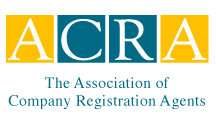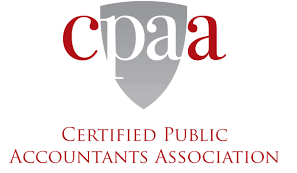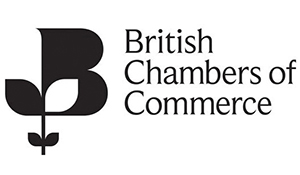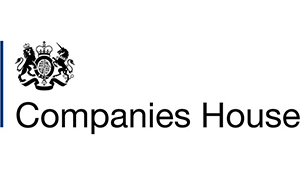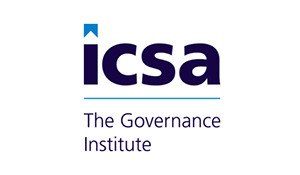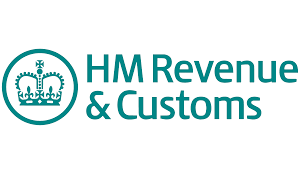Hungary, as the holder of the presidency of the Council of the European Union, which often considered the inclusion of these two countries among the main priorities of this country, said the decision is a great victory for Bulgaria, Romania and all of Europe.
Hungarian Minister for Home Affairs, Sándor Pintér, considered a historic moment the full Schengen entry of Romania and Bulgaria to the Schengen Zone.
Romania and Bulgaria entered the Schengen Zone through air and sea on March 31, 2024, but not also by land.
The European Commissioner for Home Affairs, Ylva Johansson, previously said that a vote for Romania and Bulgaria’s full Schengen accession could be anticipated in the next Justice and Home Affairs Council meeting scheduled to be held today, on December 12.
Johansson also expressed her belief that both Balkan countries could enter Schengen through land borders starting from January 2025.
Paving the Way for Full Schengen Accession
Romania and Bulgaria’s journey towards the Schengen Zone was blocked by Austria, citing irregular migration concerns, and in the case of Bulgaria, also by the Netherlands.
However, since 2012, both Balkan countries have met all the technical conditions required to become the newest members of the Schengen Zone.
Last year, both Vienna and Amsterdam changed their stance on the matter, with Austria, who has continuously opposed the accession of Romania and Bulgaria, supporting partial accession of the two countries to the Schengen Area.
In addition, in the meeting of November 22, held between interior ministers of Austria, Romania, Bulgaria and Hungary, hosting the meeting as holder of the presidency of the Council of the European Union, positive results were achieved, thus raising hopes that land border accession would soon be finalised.
Austria Lifts Its Veto on Schengen Accession for Romania & Bulgaria
This week, the Interior Minister of Austria, Gerhard Karner, confirmed that his country’s decade-long veto on Schengen accession for Bucharest and Sofia was officially lifted.
Announcing the decision, Karner said, “After ‘Schengen Air,’ ‘Schengen Land’ is now open to Romania and Bulgaria”, quoted by Mediafax.
Netherlands Also Gives the Green Light to Full Schengen Accession
Similar to Austria’s new stance on the matter, the Netherlands also supports the finalisation of this issue as soon as possible.
In addition, a recent report from the Asylum and Migration Minister Marjolein Faber, the Cabinet member responsible for this policy, has not taken into consideration a last attempt from her own party, the Party for Freedom (PVV), to block these plans.
Minister Faber said that she does not like the fact that Bulgaria and Romania are becoming members of the Schengen Area, but she is accepting the Cabinet’s decision.


